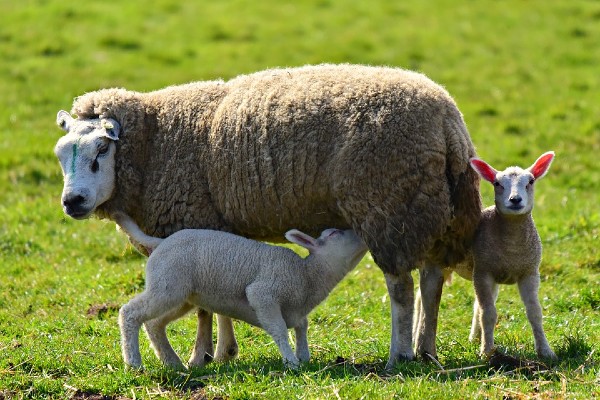Managing First Time Lambing Ewes
26 March 2020
Inexperienced ewes have higher lamb mortality regardless of age at mating. This is because they are physiologically immature, they need to have given birth for everything to develop completely.
They tend to have a longer birth process. However, this doesn’t mean she will need assistance if she is given time and space. The inexperienced ewe is more sensitive to environmental disturbances, and more likely to abandon her lamb if disturbed. They may take a little longer to start licking the lamb after birth and are more likely to show aggression and to move away as the lamb tries to suck. With time, however, these behaviours disappear, and inexperienced ewes will learn to show proper maternal care.
Ewes that do a good job in their first pregnancy will continue to be good mothers in subsequent pregnancies, so it pays to give the ewe the best opportunity for everything to work well.
Ewes always prefer a quiet and calm birth environment, this is even more important for the inexperienced ewe. They take longer to progress through labour and bond with the lamb. Her lambs may be slower to stand and suckle but, intervening too early can affect the development of the bond and increases rejection risk. First time lambers are less able to rear multiples than experienced ewes because the biological processes are less efficient. This is one of the reasons that lambing ewe lambs, normally targeting one lamb per ewe, results in better gimmer performance as the process has been established in time to rear more lambs.
Poppy Frater, poppy.frater@sac.co.uk
Related Materials
Sign up to the FAS newsletter
Receive updates on news, events and publications from Scotland’s Farm Advisory Service
